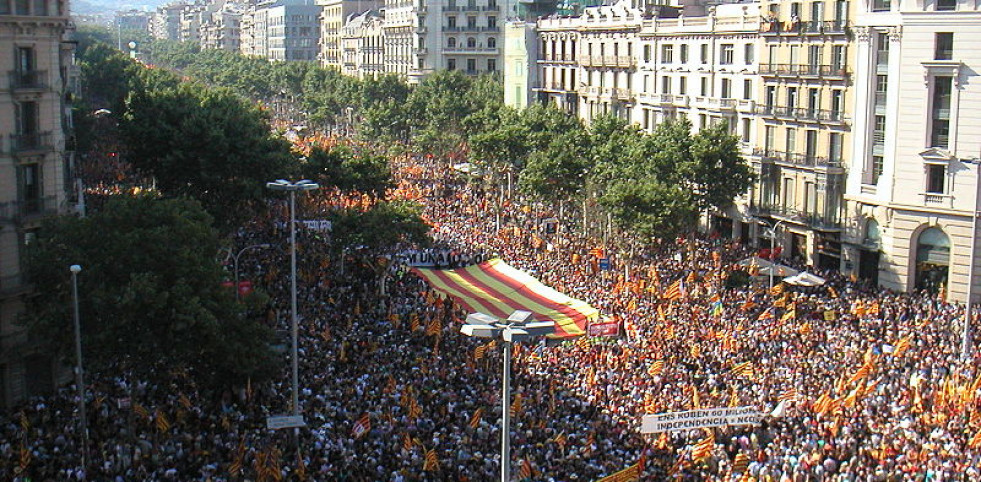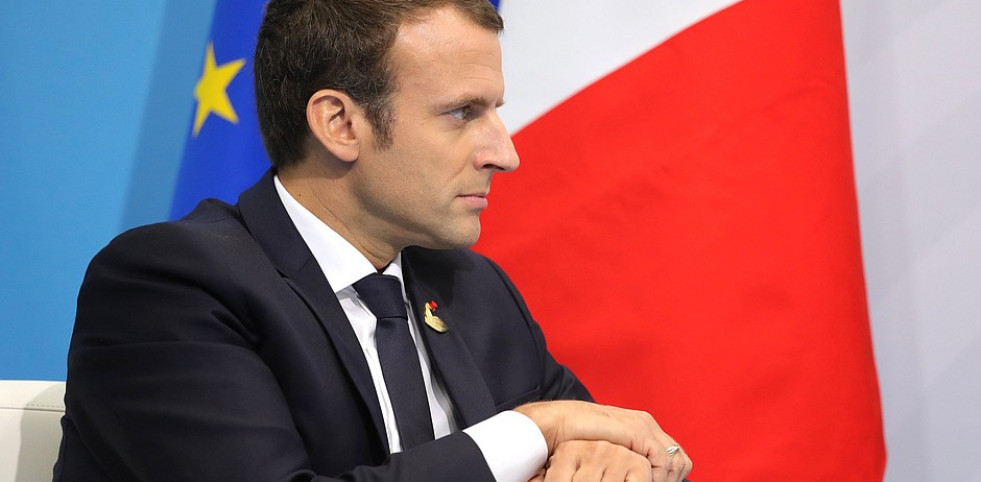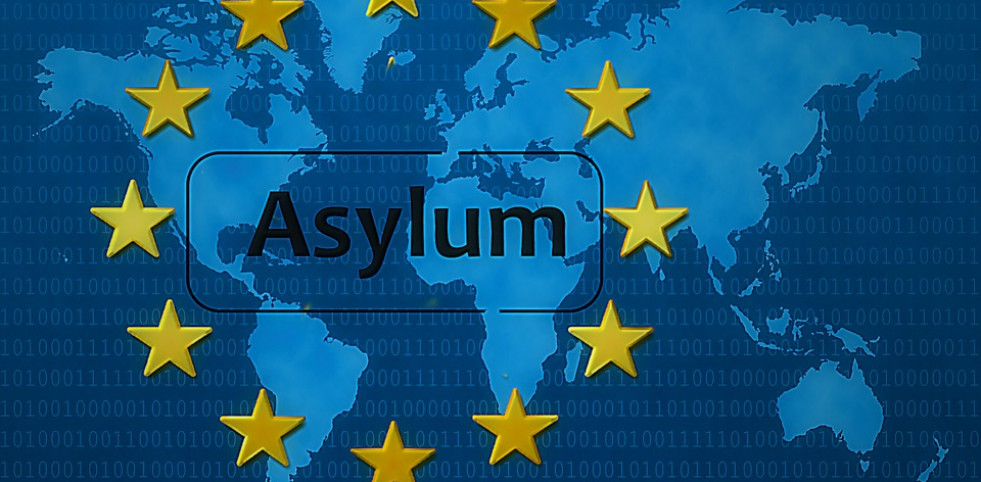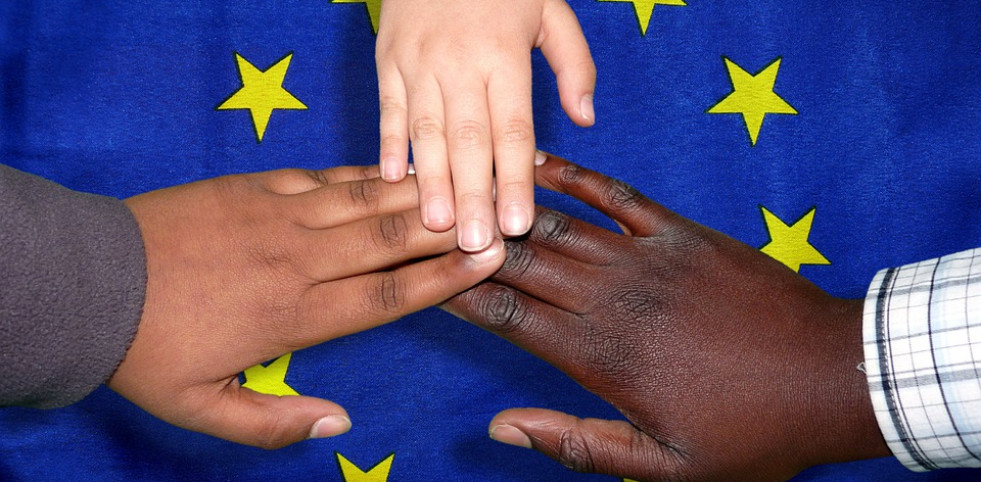news
Perhaps the most significant asset or indeed the only asset of the Catalonian "Procés" that has not known how to or has not been able to accumulate sufficient strength to impose itself, is its power of mobilisation.
The European Union may today be the most hated political onject by the nationalists and the most furious supporters and radical opponents of real globalisation.
In the mid-nineteen thirties, there were more dictatorships in Europe than democracies.
How do we explain the resurgence of populism in one country after another? Maybe in terms of common structural conditions or passive diffusion of ideas across contexts?
Interview of Steven Forti, Ph.D in Comparative, Political and Social History from the UAB and the University of Bologna.
I arrived at the European Parliament in 2009. In exact coincidence with two events that have acquired historical resonance.
The defeat of classical fascism (1919-1945) in the Second World War led to the stigmatization of the ideals of the Radical Right in the first third of the 20th century.
Since 2016, several political events have been worrying and have shaken the old continent over and over again.
Cosmopolitan nomads, a genuine product of globalisation and postmodernity, fed up with global uprooting, now appears to be disenchanted and suffering a crisis.
The rise of the Far Right and nationalism in Europe is not a passing fad, rather it is here to stay for at least a long time.
No-one denies that the DNA of Catalonian nationalism is a purely conservative affaire.
The Far Right and nationalism, although they are different realities, have common attitudes.
That our continent is going backwards is nothing new.
THE ECONOMY JOURNAL
THE ECONOMY JOURNAL ALL RIGHTS RESERVED
Aviso legal - Política de Cookies - Política de Privacidad - Configuración de cookies















